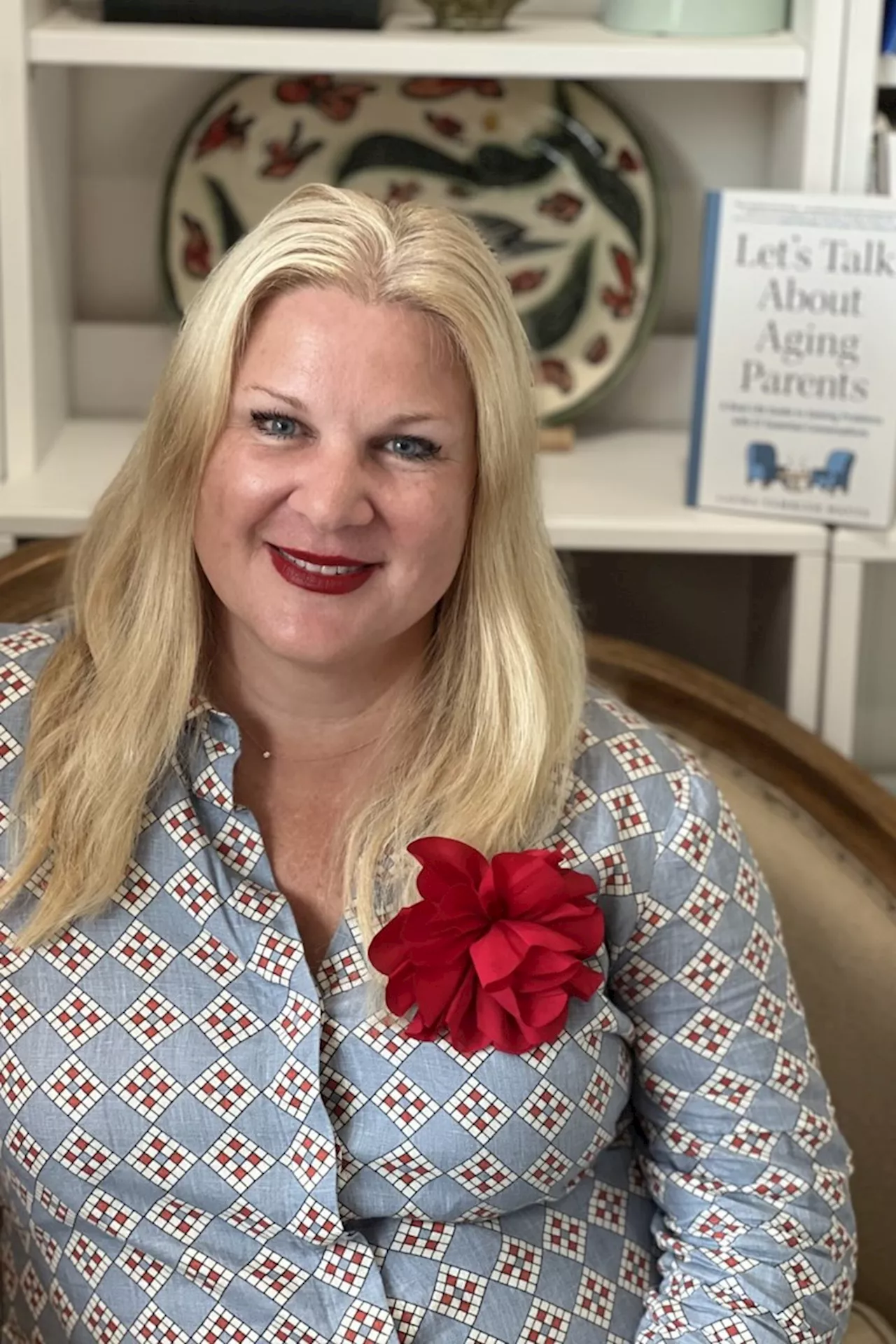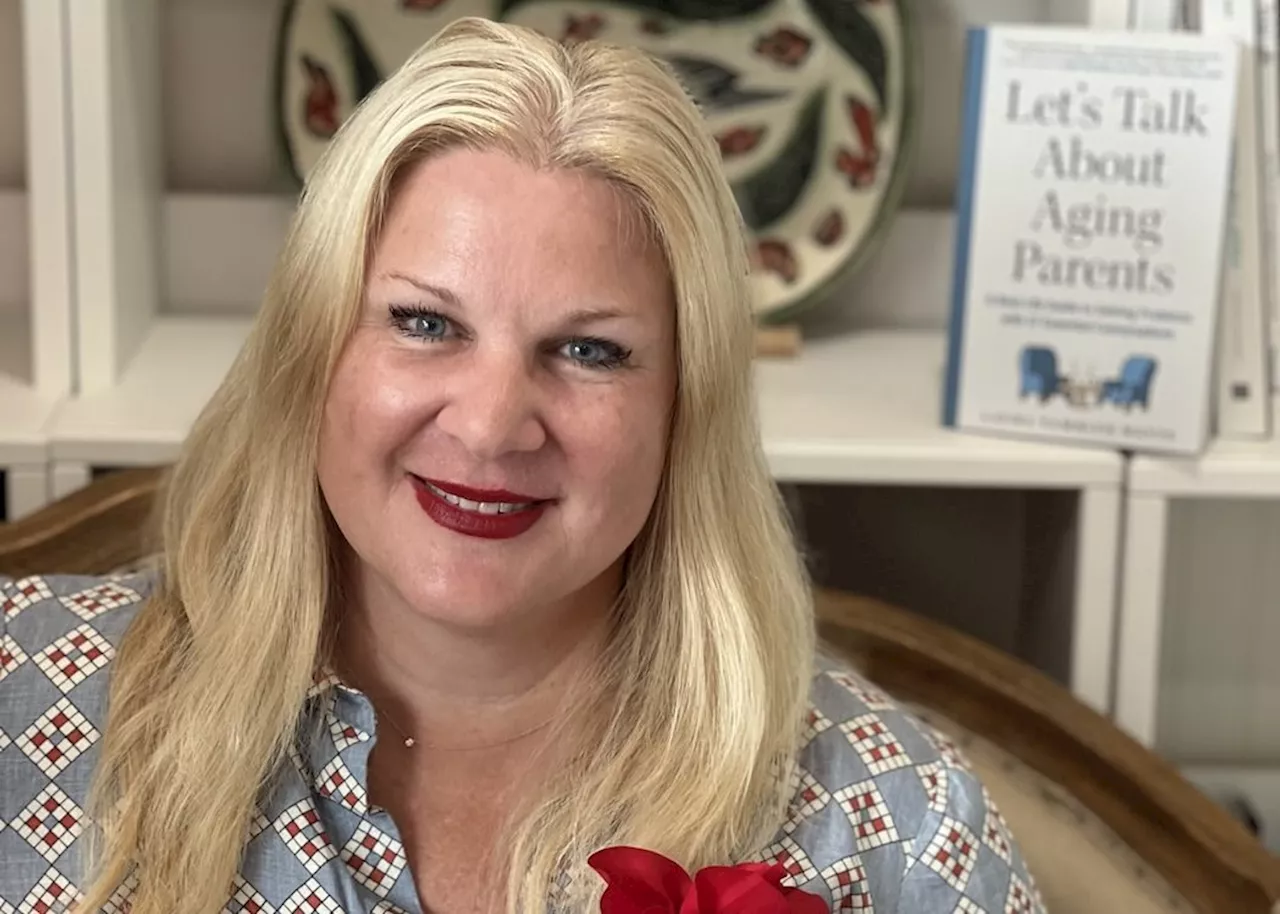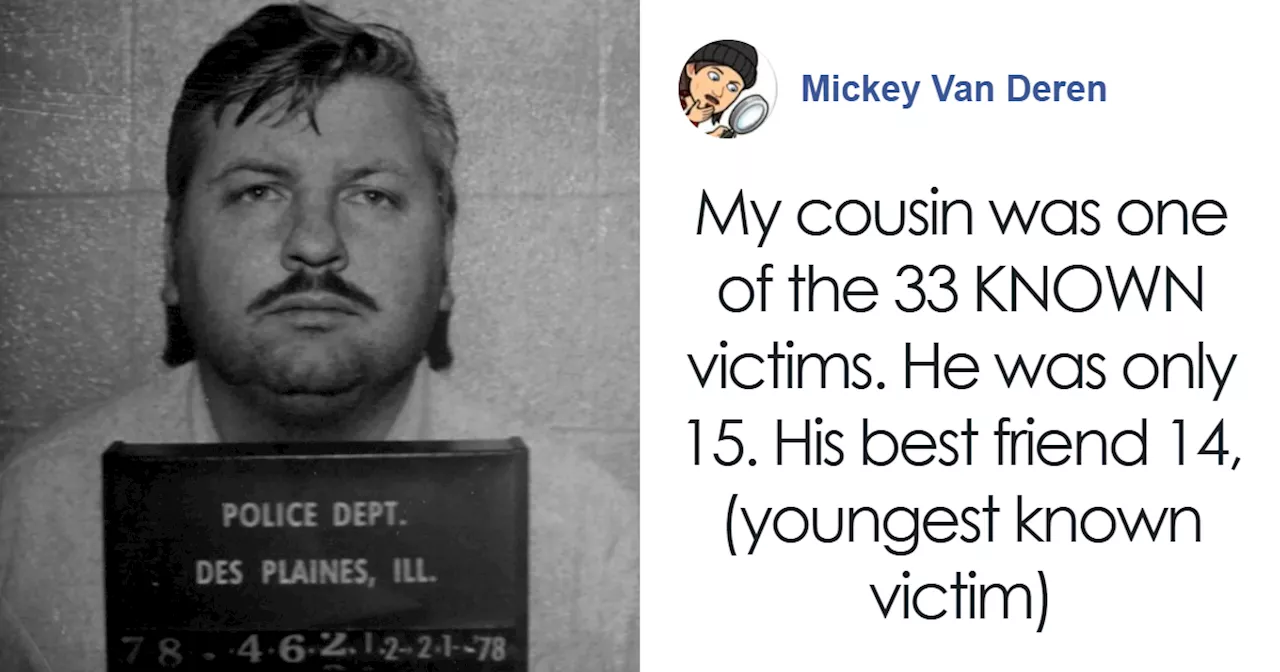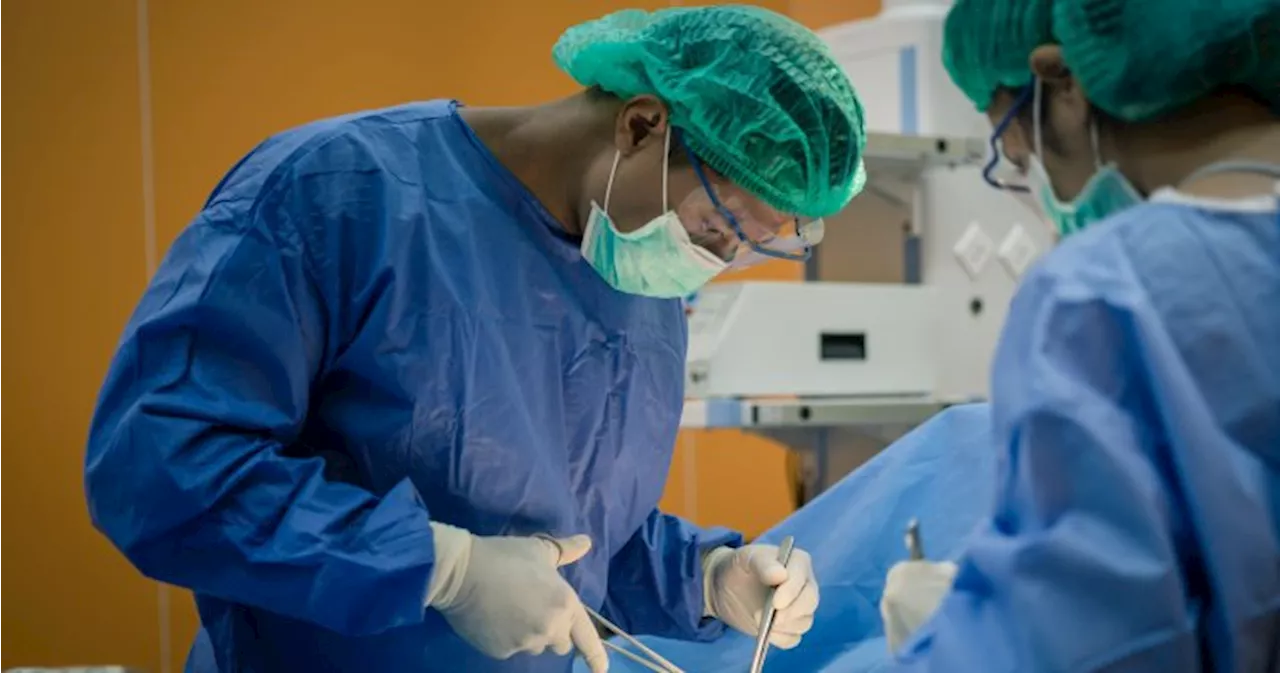In the wake of a natural disaster, offering comfort and support is natural. However, well-intentioned words can sometimes be more harmful than helpful. This article explores common phrases that people should avoid saying to those who have suffered losses due to natural disasters, and offers guidance on how to offer genuine and supportive assistance.
In the aftermath of a natural disaster, it’s normal to want to help your neighbor feel better. But unfortunately, people often say invalidating comments that do more harm than good. People have been forced to evacuate their homes as the Los Angeles wildfires and windstorms continue to burn through whole neighborhoods. The scale of what’s been lost to the fires is not just material.
Dale Short, a 91-year-old Pasadena, California, resident, lost his home in the recent California wildfires, and as he processes the loss, it's clear that the memories tied to that home are irreplaceable. What do you say to someone who has just lost so many memories? Or even someone who had to leave their neighborhood, not knowing what they may return to? It’s been almost 20 years since Hurricane Katrina affected George Smith and his life “has never been the same” since, he said. Smith, now a San Antonio, Texas-based insurance analyst, said the date of the hurricane still puts him in a depression every year. And he still can recall the invalidating “At least” statements people have told him about living through a natural disaster. “Yeah, my house didn’t have bad flooding. The water stopped at the door. The door was warped and we had to shoulder it open. I’d get, ‘Well, at least your house didn’t flood,’” Smith recalled. “We basically lost everything connected to power. The fridge was the worst-smelling thing I’ve ever smelt to this day ... ‘Well, at least you got new things.’”Patrick O’Malley, an expert on trauma and disaster recovery, said people should “never” use “at least” statements “as an opener to somebody who’s who’s grieving, because it’s immediately minimizing and not respectful of the attachment.” He noted that these statements like “At least you made it out alive” rank the material losses as less important and it sends an underlying message to the recipient that they should not be feeling what they are feeling. Author and film producer Dete Meserve lost her Los Angeles home in a 2018 fire, and made a recent viral video about the kinds of comments that people should avoid making after a disaster. Suggestions about what worked for others or questions about what people did to try to prevent their situation isn’t helpful ― it’s invalidating. Meserve said one of the biggest mistakes she said people made in her own case was asking for painful specifics of what happened like what exactly she lost.“What does it matter what I lost? Like, you don’t know what’s in my house. So why do you need to know that? Because that’s not really what’s important. What is really important is, where am I in this?” she told HuffPost. “I wish I’d had the fortitude to say, ‘I’d rather not discuss that right now’ more often,” Meserve said. “People believe they’re doing you a kindness when they ask questions — they think this is how they show compassion and care — but they are not seeing how many times a day you’re asked the same questions and they have no idea how many thousands of tasks you’re juggling just to put your life together. Your compassion is in the listening, not the questioning or telling.”Meserve recalled people even asking to go over and see her burnt-down home, which she compared to asking to see a “dead body.” People sometimes may want to bring up their own experiences with calamity and natural disasters, as a way to connect with people currently experiencing tragedy. But it’s not actually comforting to the person who is in crisis to hear how bad your own brush with a wildfire was. “When we hear something tragic has happened to someone, sometimes people’s first instinct is to wonder: ‘Could that also happen to me?’ ... But that instinct is absolutely one to ignore,” Meserve said. “A tragedy is not a time to learn about fire safety or homeowners insurance from the victim.” “Don’t compare to somewhere else or some other story, and don’t compare to yourself,” O’Malley advised. “All of those kinds of comments might be well-intended start to leave the person who’s suffering.” You may think reminding someone they can rebuild their home is life-affirming, but it’s actually confusing empathy for distant sympathy. “When we express sympathy, we are outside looking i
Natural Disasters Disaster Relief Grief Support Empathetic Communication Trauma Recovery
Canada Latest News, Canada Headlines
Similar News:You can also read news stories similar to this one that we have collected from other news sources.
 What to know before agreeing to be someone's power of attorneyPicture this. You're having coffee with your favourite aunt when she casually mentions she'd like to appoint you as her power of attorney. You're caught off guard, but you love your aunt.
What to know before agreeing to be someone's power of attorneyPicture this. You're having coffee with your favourite aunt when she casually mentions she'd like to appoint you as her power of attorney. You're caught off guard, but you love your aunt.
Read more »
 What to know before agreeing to be someone's power of attorneyActing as someone's power of attorney for financial matters is a serious commitment. It can mean doing another person's banking, managing their investments, signing cheques, purchasing consumer items, and even buying or selling real estate on their behalf.
What to know before agreeing to be someone's power of attorneyActing as someone's power of attorney for financial matters is a serious commitment. It can mean doing another person's banking, managing their investments, signing cheques, purchasing consumer items, and even buying or selling real estate on their behalf.
Read more »
 'I thought it'd be funny': Someone built a little bridge for a big Vancouver puddle'Everything on that bridge is just something that makes me giggle.'
'I thought it'd be funny': Someone built a little bridge for a big Vancouver puddle'Everything on that bridge is just something that makes me giggle.'
Read more »
 The Last Time Someone Saw Robert Piest AliveThis text recounts the events leading up to the disappearance of Robert Piest, as witnessed by his friend and colleague Kim Byers. It details Gacy's interaction with Piest at the pharmacy, offering him a job and using a pretense to gain his trust.
The Last Time Someone Saw Robert Piest AliveThis text recounts the events leading up to the disappearance of Robert Piest, as witnessed by his friend and colleague Kim Byers. It details Gacy's interaction with Piest at the pharmacy, offering him a job and using a pretense to gain his trust.
Read more »
 Woman Parks In Someone's Driveway, Gets A Petty RevengeA Reddit post details a story about a woman who parked in someone's driveway and received a fittingly petty revenge. The story highlights the frustrations of parking in urban and suburban areas.
Woman Parks In Someone's Driveway, Gets A Petty RevengeA Reddit post details a story about a woman who parked in someone's driveway and received a fittingly petty revenge. The story highlights the frustrations of parking in urban and suburban areas.
Read more »
 ‘Someone with a pulse’: Are travel nurses a bandage fix in Saskatchewan?The Saskatchewan Health Authority (SHA) said contract nursing expenses over the 2023-24 fiscal year (April to March) was $89.8M. Is the plan working? It depends on who you ask.
‘Someone with a pulse’: Are travel nurses a bandage fix in Saskatchewan?The Saskatchewan Health Authority (SHA) said contract nursing expenses over the 2023-24 fiscal year (April to March) was $89.8M. Is the plan working? It depends on who you ask.
Read more »
